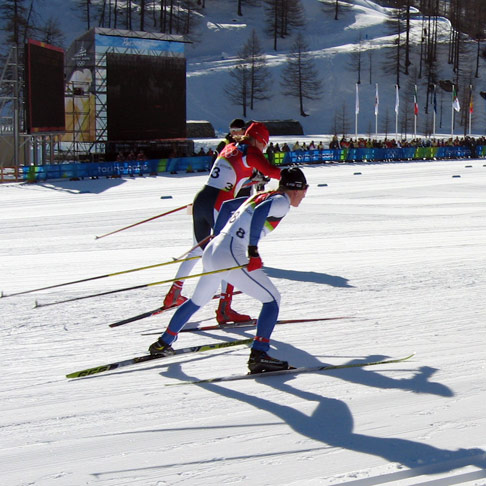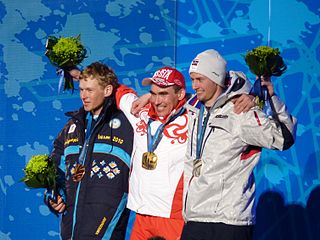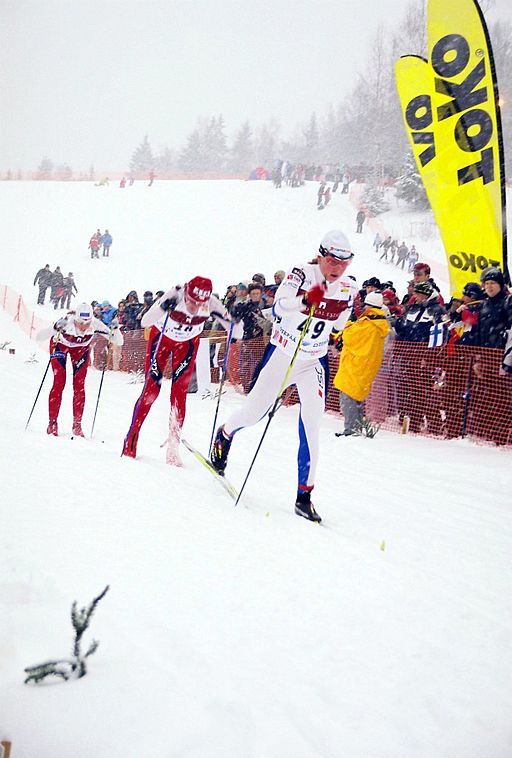
In an interview with Britain’s The Independent, Dick Pound warned that the revelations coming in the second part of his WADA Independent Commission report would shock the sports world.
“When we release this information to the world, there will be a wow factor,” Pound said. “I think people will say how on earth could this happen? It’s a complete betrayal of what the people in charge of the sport should be doing.”
Pound was referring to the investigation into the International Association of Athletics Federations (IAAF), the international governing body for track and field. The Independent Commission looked at data from 15,000 blood samples which had been leaked by someone inside the organization.
Their findings led to criminal proceedings in France against the former IAAF President, Lamine Diack, and the suprises may not stop there.
He also suggests that other international federations take matters into their own hands because the problems are not limited to track and field athletes in Russia, but system-wide, and also not limited to Russia.
“This is the opportunity in certain executive committees to close their doors and say ‘as of today, the old system is gone, we’ll deal with those that need to be identified in due course but we’re going to level the playing field’,” he said. “I think the option is there but will it be taken? I don’t know. For some sports their actual credibility is at risk.”
Meanwhile, doping scandals in nordic sports continue to emerge in relation to past Winter Olympics.

On Monday, NRK ran an interview with Nils Erik Ulset, a Paralympic skier and biathlete who has medaled at four separate Olympics. In Sochi, the anti-doping procedure was unfamiliar, he said.
“I became gradually aware that foreign athletes were gathered into one room, and the Russians in another,” he told NRK. “I also noted that the Russian athletes only held for three to four minutes. It is not possible to conduct an inspection that quickly.”
When Ulset tried to enter the door the Russian athletes were going through, he was turned back.
The International Paralympic Committee (IPC) has denied that there was anything irregular in antidoping in Sochi.
“All doping tests during the Winter Paralympics in Sochi were conducted according to the international standard for testing,” wrote Craig Spence, the communications director for the IPC, in an email to NRK. “Independent observers from WADA and members of the IPC Anti-Doping Committee were also present to supervise. They have not notified about anything worrying.”
That’s a similar line to the official International Olympic Committee response to calls for re-testing of samples from the 2014 Olympics, after the WADA Independent Commission revealed that the Russian state security apparatus FSB had infiltrated the Olympic anti-doping laboratory.
Despite those allegations, the IOC released a statement saying that “the IOC has no reason to question the credibility of the results of the anti-doping tests carried out at the Olympic Winter Games 2014.”
In this case, Spence told NRK that “the IPC is an organization deeply committed to protecting the clean athletes and provide equal competitive conditions for all.”
Yet, damningly, when NRK tried to follow up with other Norwegian Paralympic athletes, they found that few others had ever been tested in Sochi.
Scandals from even further in the past are also rearing their ugly heads.

Last year it was reported by Germany’s ARD news service that samples from the 2006 Olympics had been re-tested using new methods and Estonian cross-country skier Kristina Smigun’s samples had been contained prohibited substances.
Norway’s TV2 picked up the story this week, reporting that Smigun’s case has been mired in the Court of Arbitration for sport, but that she could soon be stripped of her gold medals from the 10 k classic and the 15 k skiathlon.
The Estonian Olympic Committee confirmed to TV2 that they had been notified in December 2013 of a positive test.
The International Ski Federation, WADA, the Estonian Ski Federation, and the Estonian Anti-Doping Association all told TV2 that the matter was in the hands of the IOC. The television report stated that both Smigun’s ‘A’ and ‘B’ samples had tested positive, yet there has been no news or action for almost two years.
The IOC said that they could not comment on the matter other than that many lawyers were involved, and that they hoped a verdict would be announced in three to six months.
But the Court of Arbitration for Sport denied that the case had been brought to them.
“As stated earlier, there is not, and has never been, a case concerning the IOC and Kristina Smigun and / or retesting of samples from the Turin Olympics in CAS system,” the organization wrote in an email to TV2.
The Court of Arbitration for Sport frequently lists upcoming hearings on their website, but cannot provide information until after cases are settled. Therefore, it is not altogether surprising that there is no information about a Smigun case on their website, whether one exists or not.
Norway stands to benefit, a lot, should Smigun’s medals be stripped. It would mean another gold medal for Marit Bjørgen, in the 10 k classic, and silver rather than bronze for Hilde Gjermundshaug Pedersen in the same race. And for Kristin Størmer Steira, recently retired, it would mean moving up from fourth place to bronze in both races – ending long-running painful jokes about wooden medals.
There’s no evidence so far that other re-tested samples from skiers at the 2006 Olympics resulted in new anti-doping cases.
Some are speaking out to urge action by international federations. U.S. Biathlon Association President and CEO Max Cobb spoke to FasterSkier soon after the first part of the Independent Commission’s report dropped, urging investigation into all sports.
Tore Bøygard, the head of the Norwegian biathlon federation, has now spoken out to NRK, one of the main Norwegian broadcasting companies.
“It is suggested that there is doping in other sports,” he said, according to a translation. “The sport cannot survive with some shadow ofdoping hanging around. Therefore, you might as well get it scrutinized. Should there be something left there, so you might as well get it up and get it on the table…. We should not be so naive.”
Bøygard has sent a letter to Anti-Doping Norway asking them to pressure WADA to initiate further investigations.
Chelsea Little
Chelsea Little is FasterSkier's Editor-At-Large. A former racer at Ford Sayre, Dartmouth College and the Craftsbury Green Racing Project, she is a PhD candidate in aquatic ecology in the @Altermatt_lab at Eawag, the Swiss Federal Institute of Aquatic Science and Technology in Zurich, Switzerland. You can follow her on twitter @ChelskiLittle.



